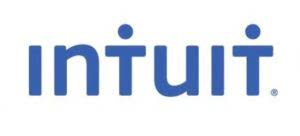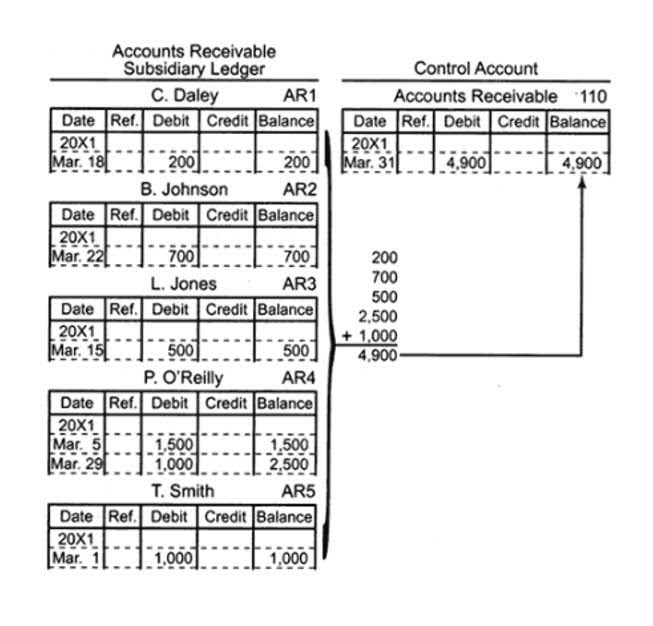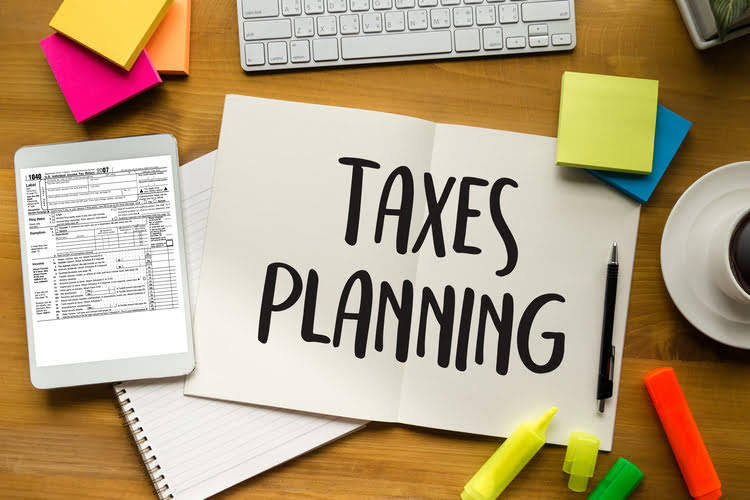Plumbing Business Accounting 101: Major Concepts Every Plumber Should Know

However, these costs are often offset by reduced energy consumption and lower utility bills. Such investments support long-term savings while reinforcing the commitment to environmental responsibility. Beyond your initial startup costs, you’ll need to account for recurring expenses that come with running a plumbing business. When you add these expenses together, the total cost to start a plumbing business generally falls between $20,000 and $50,000 for small operations. Larger businesses or companies planning to hire multiple employees may need $75,000 or more to get started.
What do you need to start a plumbing business?
Operating expenses in a plumbing business include a range of costs that directly impact overall financial performance. For a modern business like FlowFix Plumbing Solutions, managing plumbing business costs is crucial to maintain profitability while ensuring quick and efficient repairs. Plumber startup costs often include purchasing pipes, fittings, valves, and essential tools and equipment. These components of what are retained earnings plumber operating expenses directly impact the overall financial performance of a plumbing business. Maintaining transparent and efficient cost structures is vital for sustained profitability and scalability in a competitive market. Running a successful plumbing business like FlowFix Plumbing Solutions means carefully managing your plumbing business costs each month.
Cost of Goods Sold (COGS)

Generally speaking, you need receipts, canceled checks, or bills to deduct business expenses on your taxes. Any fees you paid to a professional like an attorney or accountant can be deducted on your tax return if they’re related to your business. If you started your business this year, you can deduct up to $5,000 in business start-up expenses and another $5,000 in organizational expenses for that first year. Business expenses are defined by the IRS as ordinary and necessary costs paid or incurred How to Invoice as a Freelancer during the taxable year in carrying on a trade or business. This means that personal and family expenses don’t qualify for business expense deductions.
Revenue metrics for a plumbing services

To see for yourself, book a quick 30-minute demo to see how our tools can transform your business. Instead, look to identify chronically unprofitable projects by analyzing historical data (captured through job costing). Maintaining proper bookkeeping practices and ensuring accurate financial records are essential processes for the financial health of your business. They help you make informed business decisions, including which projects to pursue and which to ignore. However, this depends entirely on how cost-effective a contractor is; earning potential is directly tied to efficiency. Therefore, creating an efficient process is paramount to maximize your plumbing business profitability.
- Any money spent on equipment for the business is tax deductible, including the purchase price of hand tools, power tools, and any parts or accessories that accompany them.
- If you use a portion of your home for your business, you can write off a portion of your water bill.
- Insurance and liability coverage is also central to comprehensive service delivery.
- By tracking and managing these accounts, plumbing businesses not only ensure smooth operations but also position themselves for sustainable growth.
- Business expenses are defined by the IRS as ordinary and necessary costs paid or incurred during the taxable year in carrying on a trade or business.

By sourcing high-quality plumbing materials and renewable energy products at negotiated bulk rates, companies can significantly reduce their overall expenses. This practice directly impacts the cost breakdown for running a HVAC company, as it minimizes the variable costs in plumbing and HVAC services. Insurance and liability coverage is also central to comprehensive service delivery. Opening a dedicated business bank account is essential for your plumbing business for several reasons.
These initiatives work in tandem with partnerships with eco-friendly product manufacturers to enhance credibility and spread awareness about sustainable business practices. Finally, expenses for eco-friendly materials and supplies are vital to sustaining a competitive edge. High-quality plumbing materials and sustainable substitutes for traditional supplies contribute significantly to the operating expenses for plumbing.
- Fuel and vehicle maintenance costs often represent a significant portion of operating expenses.
- Statement II, (p. 24), contains my amended version of what items should be listed under Direct Costs and Overhead.
- Discover how to start a successful plumbing business, including registering your business, funding, and getting insurance.
- On the other hand if you are not travelling and taking a client out for a business meal and taking another plumber or vendor out to discuss business you can write off Meals.
- In the intricate world of plumbing, where pipes intertwine and systems require expert navigation, maintaining financial clarity is paramount.
Before you can begin operating your plumbing business, you’ll need to secure the proper licensing and certifications. These costs vary by state, but expect to spend between $300 and $2,000 depending on your location and the type of licensing required. Some states may also require bonding, which ensures financial coverage for clients in case of disputes or damages.

- The Internal Revenue Service (IRS) allows deductions for expenses that are ordinary and necessary for the production of rental income.
- While you’ll likely buy materials specific to each job, it’s helpful to have a small inventory of commonly used supplies.
- To open a business bank account, gather the necessary documents, such as your business license, EIN, and identification.
- Tradfy will cut hours off your admin and give your business every opportunity to succeed.
- Articles are based on current or proposed tax rules at the time they are written and older posts are not updated for tax rule changes.
- Plumbing companies should be tracking their expenses and using them to lower their taxable income at the end of the year.
In quantitative terms, dedicating around 1-3% of your annual revenue towards compliance efforts protects your business against costly fines and operational disruptions. In many cases, these buyers will be master plumbers leaving a larger plumbing company plumbing business expenses with the goal of going into business for themselves. If you’re an owner-operator of a plumbing business, then your business should be valued using a multiple of its SDE. It’s even possible for a plumbing business with $10 million in revenue to be losing money.
